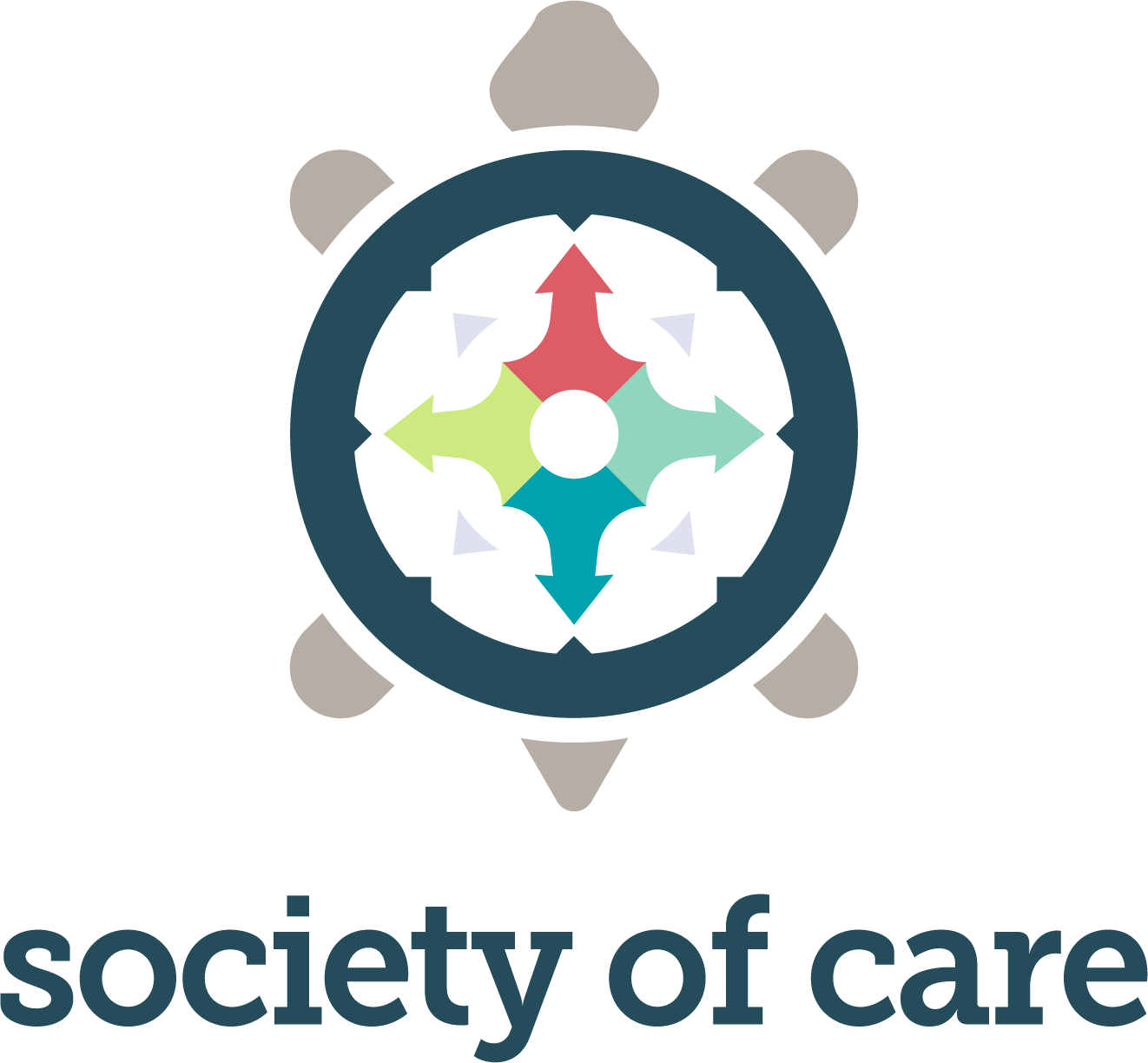An Adult ADHD Diagnosis? The Difference Between Childhood and Late Stage ADHD:
societyofcare • October 19, 2023
The post An Adult ADHD Diagnosis? The Difference Between Childhood and Late Stage ADHD: appeared first on .
Join Our Mailing List

The beginning of a new year often brings change. Routines shift, expectations reset, and families move from one season into another. While this transition can feel hopeful, it can also bring unspoken emotions for both children and caregivers. Emotional check-ins provide a simple, meaningful way to support mental well-being during this time of adjustment.

When families think about improving well-being at home, it can feel like change has to be big, time consuming, or difficult to matter. In reality, small adjustments often have the greatest impact. Simple, thoughtful changes can support emotional health, strengthen relationships, and create a calmer home environment over time.

Children experience pressure in many forms. It can come from school, activities, friendships, or even from their own internal desire to do things “right.” While adults may not always see this pressure, children feel it deeply. Talking openly about expectations can help children understand their feelings and feel supported rather than overwhelmed.

After a season filled with activity, obligations, and stimulation, many families feel pressure to jump right back into full schedules. Routines and structure are important, but so is recovery. Slowing down after a busy season gives both children and caregivers the opportunity to reset emotionally and mentally.

The start of a new year often brings a sense of pressure. Messages about resolutions, productivity, and self improvement can feel overwhelming, especially for families who are already navigating busy schedules and emotional needs. At Society of Care, we believe growth does not have to feel rushed or rigid. Instead, January can be a meaningful time to set gentle goals together as a family.

Busy days, full schedules, and lots of activity can be exciting, but they can also leave children feeling overwhelmed. When stimulation builds up, children may struggle to regulate their emotions, focus their attention, or transition smoothly through the day. This can happen even when experiences are positive.

Change is a natural part of life, but for children, even small changes can bring big emotions. Shifts in routine, environment, expectations, or relationships can feel confusing or overwhelming. Children may not always have the words to explain what they are feeling, but their emotions often show up through behavior, body language, or changes in mood.

Choosing gifts for children can be an opportunity to celebrate who they are while nurturing the skills they are developing. A strength based approach focuses on what a child already does well. It also supports the areas where they are growing. When gifts match a child’s interests, learning style, and developmental needs, they can spark confidence and independence in meaningful ways.


